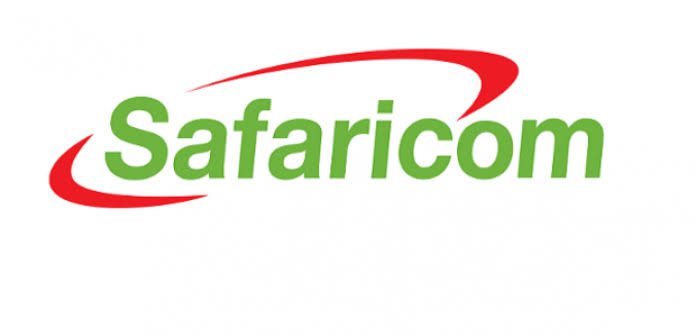The Kenyan government has made it known that it will work with whoever the Safaricom’s board decide to choose as the late Bob Collymore’s successor.
The move is a far cry from its initial stance on the succession journey at Safaricom where it expressed its desire for the late CEO, to be succeeded by a Kenyan.
According to a report by Reuters, the Kenyan government’s initial stance, led to a delay in the announcement of Bob Collymore’s replacement.
The Information and Communications Technology (ICT) Secretary; Joe Mucheru stated last week that, “Their (Safaricom) board will decide who they will have as the new CEO. There is no say from the government on who becomes CEO, once they (Safaricom) decides, then we will carry on with that person.”
Safaricom, Kenya’s biggest telecommunications company, is currently seeking a successor to Mr. Bob Collymore who passed on, just months after agreeing to stay on board for an additional year, until August 2020, in a move that was seen as a means to allow the government and Vodafone more time to negotiate an agreement.
Mr. Mucheru made it known in June, that the government’s wish was to have a Kenyan at the helm of Safaricom; the country’s most profitable company.
This revelation fueled fears that it may influence the choice of the next CEO of the telecommunications giant.
The former Chief Executive Officier (CEO) of Michael Joseph has taken on the position, in an acting capacity.
Following Mr Collymore’s death, the Safaricom board stated that it would give a way forward in under 24 hours.
The delayed announcement of a new permanent CEO is still yet to be made almost a month later.
Safaricom under the leadership of Bob Collymore who took over the reins in 2010, grew to become East Africa’s most profitable company with a valuation of more than 1.1 trillion Kenyan Shillings.
The company also introduced many sustainability programmes.
The Kenyan government holds a 35 percent stake in the telecommunications giant, through the National Treasury as United Kingdom’s Vodafone and South Africa’s Vodacom Group jointly control a 40 percent stake.
25 percent is held by retail and institutional investors who are listed on the Nairobi Securities Exchange.



